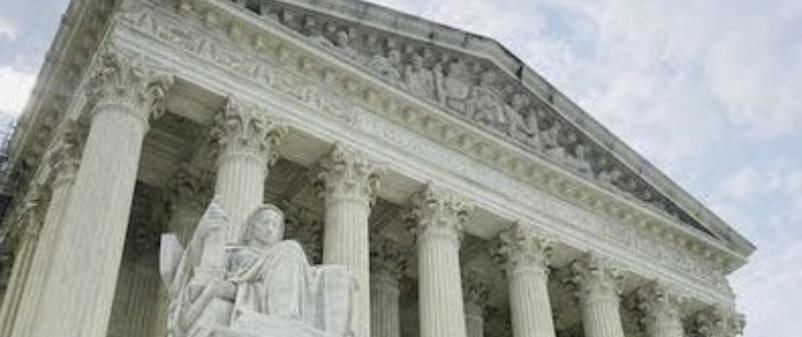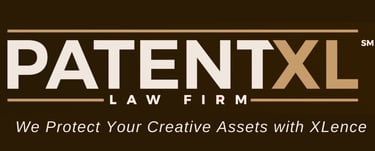LACHES, EQUITABLE ESTOPPEL, AND THE SCA HYGIENE CASE


In the realm of US patent litigation, the doctrines of laches and equitable estoppel stand as pillars of equity, designed to prevent undue prejudice and ensure fairness in disputes over patent rights. These legal principles often come into play when patent holders delay enforcing their rights or engage in conduct that may mislead others into believing they won’t assert their patents. Notably, the 2017 US Supreme Court case of SCA Hygiene Products AB v. First Quality Baby Products, LLC shed new light on the applicability of the laches doctrine in patent cases, influencing subsequent litigation strategies and judicial interpretations. That Supreme Court case is very dear to my heart because I was part of the team representing SCA Hygiene, the plaintiff/petitioner in that litigation (and we ultimately prevailed in a 7-1 decision).
Prior to the SCA Hygiene decision, the Federal Circuit had long held that laches could be used as a defense to bar claims for damages in patent cases when the patent holder unreasonably delayed bringing suit, resulting in prejudice to the accused infringer. However, in SCA Hygiene, the Supreme Court ruled that the defense of laches cannot be invoked to bar claims for damages incurred within the six-year statute of limitations period prescribed by the Patent Act.
The SCA Hygiene decision clarified that while laches may still be a valid defense to equitable relief, such as injunctive relief, it cannot be used to preclude recovery of damages for infringement that occurred within the statutory limitations period. This ruling has significant implications for patent litigation, as it limits the scope of the laches defense and underscores the importance of timely enforcement of patent rights.
Furthermore, the Supreme Court’s decision in SCA Hygiene reaffirmed the principle that patent law operates within the framework of statutory limitations periods, emphasizing the importance of adhering to the prescribed deadlines for asserting patent infringement claims. By limiting the availability of the laches defense for damages claims, the Court aimed to promote consistency and predictability in patent litigation and prevent unfair prejudice to patent holders who diligently enforce their rights within the statutory limitations period.
Despite the limitations imposed by SCA Hygiene on the laches defense, the doctrine of equitable estoppel remains a potent tool for accused infringers in patent litigation. Equitable estoppel may arise when a patent holder’s conduct or statements lead an accused infringer to reasonably believe that the patent holder will not assert their patent rights. If the accused infringer relies on the patent holder’s conduct to their detriment, the patent holder may be estopped from later asserting their patent rights against them.
In practice, the doctrines of laches and equitable estoppel are often raised as defenses by accused infringers seeking to avoid liability for patent infringement. However, their application is subject to judicial discretion and requires careful consideration of the specific facts and circumstances of each case. Courts must balance the interests of patent holders in enforcing their rights with the need to prevent unfair prejudice or detriment to accused infringers.
In conclusion, the doctrines of laches and equitable estoppel play a critical role in US patent litigation, shaping the outcome of disputes over patent rights and providing a framework for resolving conflicts equitably. The Supreme Court’s decision in SCA Hygiene clarified the limitations of the laches defense in patent cases, reinforcing the importance of timely enforcement of patent rights within the statutory limitations period. As patent litigation continues to evolve, the principles of equity embodied by laches and equitable estoppel will remain central to ensuring fairness and integrity in the US patent system.
Contact us at the PatentXL Law Firm (info@patentxl.com) if you would like to learn about laches, equitable estoppel, and other defenses available to those accused of patent infringement.


